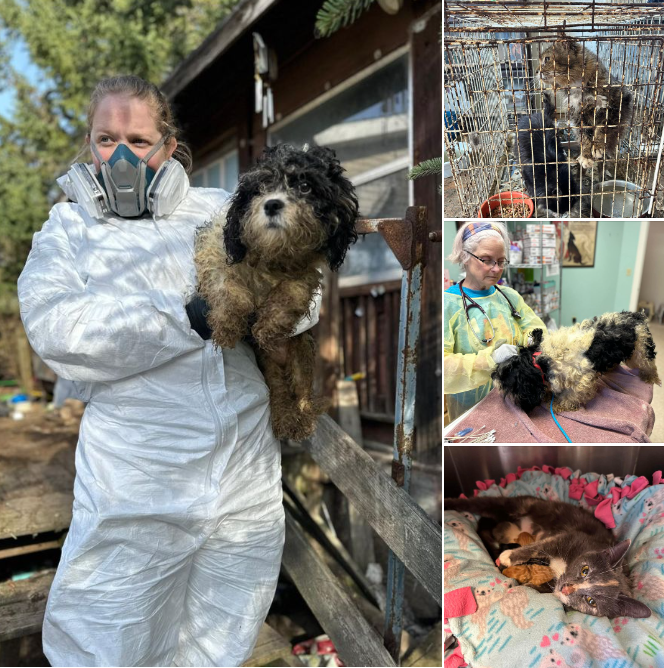Susan Stendel is a Mental Health Supervisor for District Health Department 10. She works in Cadillac, but supervises school-based mental health centers in eight counties.
Stendel has been in the field for 20 years and has seen an increase in mental illness in teens.
In March, initial data from Michigan Suicide Prevention Commission reports suicides in kids 15-19 are decreasing. Suicide among ages 10-14 are increasing along with ages 20-39 and 70+. More than 47,000 people died by suicide in 2019.
“I think that’s a little bit surprising,” says Stendel. “I think we all anticipated that suicide numbers would go up now this is in teenagers mind you this is not an overall. One is too many and the fact that it’s the second leading cause in teenagers that needs to come down.”
It’s been a challenge to help kids during the pandemic.
“We like many of the other mental health providers offered tele-health, but that wasn’t always accessible to everybody,” Stendel says.
Changes in how people interact, how they meet or even how they learn can impact kids mentally.
“Isolation is very difficult especially for teenagers,” says Stendel. “Teenagers are very egocentric and friends of their world and so if you have where they’re not seeing their friends every day even though they can see them on social media and things like that that certainly does play apart in mental illness.”
September is National Suicide Prevention and Awareness Month. It is the second leading cause of death for ages 15-19.
“It goes back and forth between the second leading cause of death in teens and third,” says Stendel. “Any death by suicide is is one too many.”
It can also disproportionately impact Native American or Alaskan Natives. There are also higher than average rates of suicide among people in rural areas.
“In rural communities access is always a problem,” says Stendel. “If you take a community like Mesick it may be very hard for kids in particular to get to appointments and say Traverse City or Cadillac and so that just became a little bit more difficult during the pandemic.”
Some ways to combat teen suicide or mental illness are to not stigmatize it.
“It can be anybody’s child and it’s I think that’s part of awareness about suicide is that there are many difficulties,” says Stendel. “Many kids contemplate suicide that can range anywhere from I am having a very difficult time and I don’t want to be on this Earth anymore. All the way to, I have a plan and I’m going to hurt myself and I’m planning on following through and those that do.”
Support and access are two ways to fight mental illness and increasing suicide rates.
“Don’t stigmatize suicide. Don’t stigmatize mental health,” says Stendel. “Those conversations need to start early they need to be often. Parents need to talk to their kids not only about talking to them if they’re having a problem but help them identify other trusted adults that they can go to if they had that problem.”
There are over 200 school-based health centers in Michigan. It’s allowed kids to be able to speak with therapists or find help in a crisis. Parents are encouraged to speak to their kids’ pediatricians if they spot a problem.
“There are many different options if they’re not comfortable being seen walking over here to see a therapist,” says Stendel from her office across from Cadillac High School. “There are many qualified therapists here in Cadillac and then if you’re not in Cadillac check out with your school you have a school-based health center.”
Michigan schools are increasing their efforts to support kids’ mental health.
American Rescue Plan funds this year provide $122 billion to states to support safe re-openings while meeting the need for social, emotional and mental health. October 2020, Michigan Department of Education awarded $37.4 million to 328 schools to provide mental health services and educational support.
Sheri Sheese is a Behavioral Health Provider through Missaukee-Wexford Intermediate School District. She works in Cadillac but says there are providers throughout the area. She says their part of the push to provide mental health services directly to students.
“[We’re] placing licensed mental health providers within school settings so that students can have direct access to those services on a day-to-day basis rather than having to seek out that resource in another area,” she said.
If you or someone you love needs help, there are resources available.
Contact the National Suicide Prevention Lifeline:
- Call 1-800-273-TALK (1-800-273-8255)
- Use the
Both are free and confidential. You’ll be connected to a skilled, trained counselor in your area.
For more information, visit the .
You can also connect 24/7 to a crisis counselor by texting the Text HOME to 741741.
Check with to see if your local school provides mental health services. Talk to kids about mental health and suicide to end the stigma and save lives.
Related:
© 2023 - 910 Media Group

